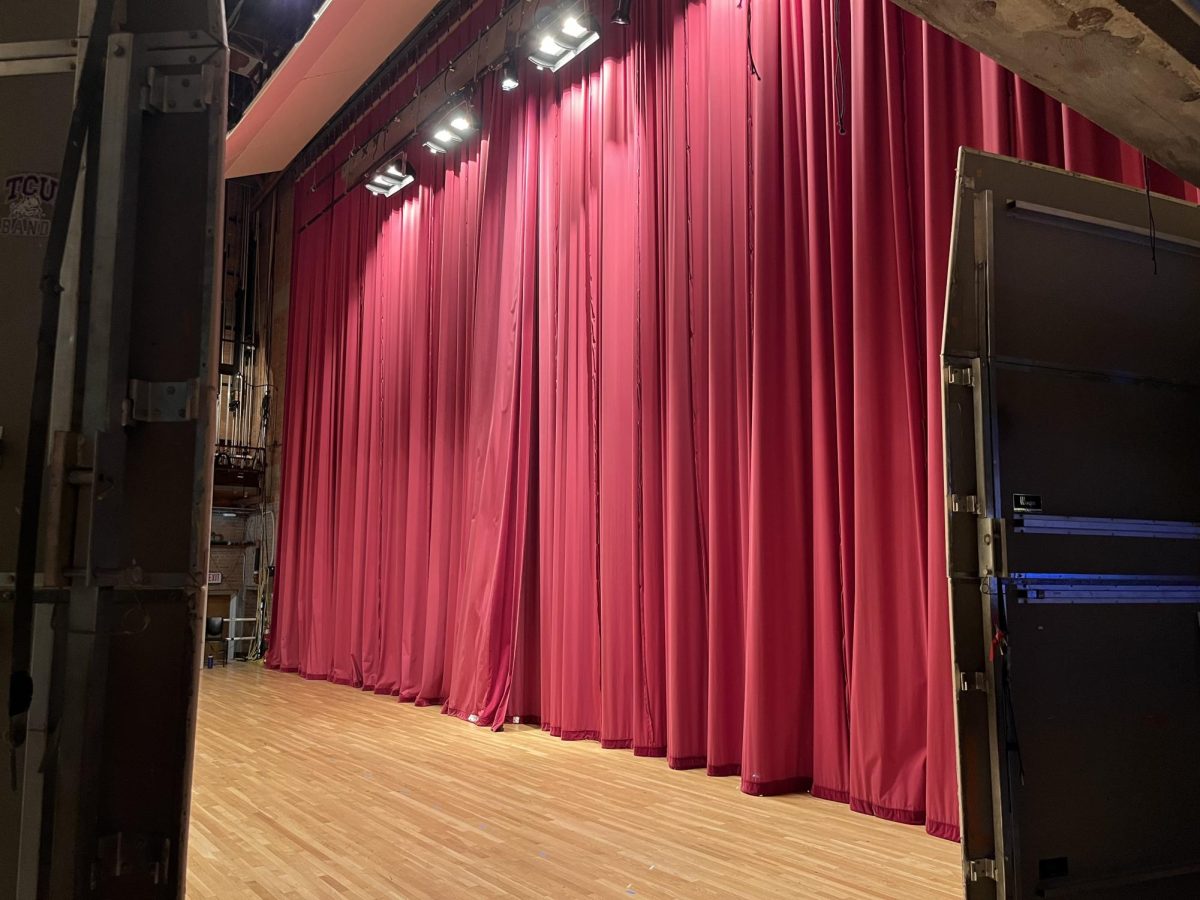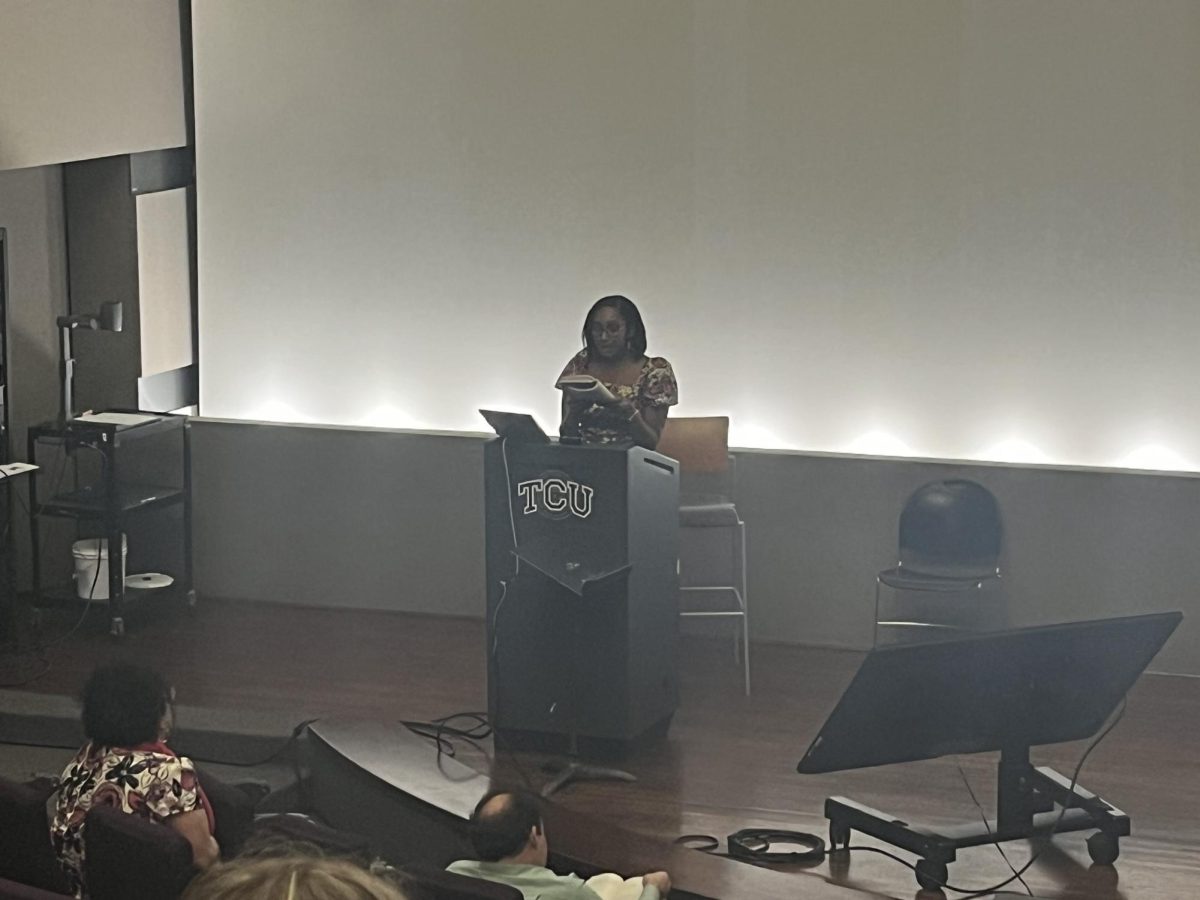As part of its annual concert series, University Christian Church invited a university alumnus and organist to bring sound to a night of silence.
The Bell Tower Series are concerts performed at UCC every fall, said Kyla Rosenberger, church organist and director of music. The concerts feature music that takes adavantage of the sanctuary's unique acoustics.
This year, UCC wanted to commemorate the 10th anniversary of receiving their church pipe organ. For the occasion, UCC contacted a guest organist to accompany two silent film classics, Rosenberger said.
“We’ve hired an expert to come in and play accompaniment music to Harold Lloyd and Laurel and Hardy comedy movies from the 1920s,” Rosenberger said. “It’s like a one-man orchestra.”
That one-man orchestra is alumnus Tom Helms.
Helms has a long history with silent films. In 1979, he composed an original score for the 1925 silent classic, “The Phantom of the Opera”. Shortly before Halloween that year, he accompanied the film with his score for the Alabama Chapter of the American Theatre Organ Society, according to the chapter’s website. Almost every year since then, Helms has returned to Alabama to play his score during Halloween.
Because of his familiarity with silent film, Helms said he chose the two films being played at the concert: “Hot Water” (1924) and “Putting Pants on Philip” (1927).
Composing for the films required him to go through each scene and write the appropriate music, Helms said. This way, the viewer would forget the film is silent.
“What you do is you take each character, or each situation in the film, and you write music for that person or that situation,” Helms said. “If there is a love interest, you write something dreamy and sweet-type music for that. If there is a villain, you write something nasty and mean and ugly sounding for them. And for comedy, if they slip on a banana peel, you have to play something appropriate.”
There’s something missing from movies and television today, Helms said – imagination. He likened the experience of viewing a silent film to listening to radio programs in the days before television, when people could only imagine what the faces behind the voices looked like.
“You see what they look like but you can’t hear their voices. You have to imagine what they sound like and it gets you so caught up into it that you forget what is going on,” Helms said.
“With the organ, if I’m doing my job right, after about 3 to 5 minutes, people completely forget that the organ is playing. They are so caught up with the imagination in the film.”
The art of accompanying silent films is a lost one, Helms said. However, appreciation of silent films has never ceased.
“It’s thrilling to hear people completely lose it with laughter,” Helms said.
And Helms said he expected plenty of laughter.
And Helms said he expected plenty of laughter.
“[It’s] a fun time. It’s refreshing. You would be surprised how you feel when you leave,” Helms said.





